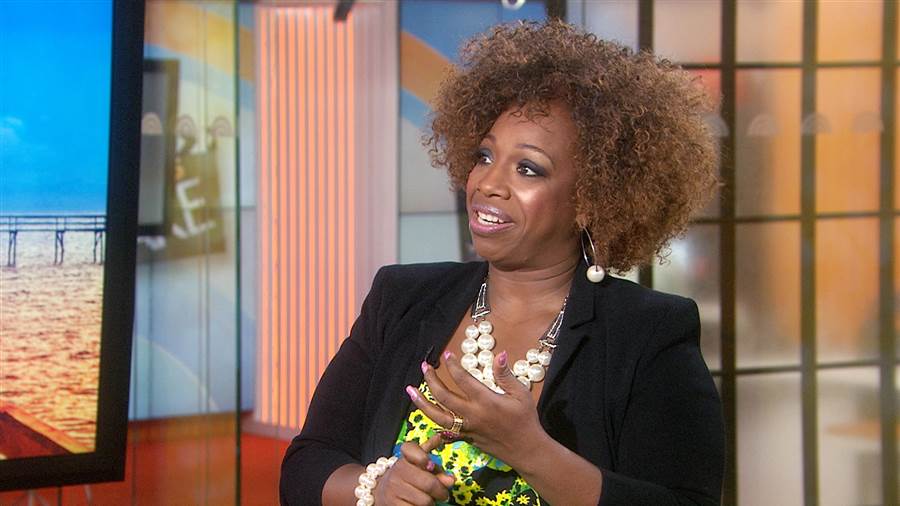In our ‘tap and go’ society, buying things (and losing track of how much you spend) has never been easier.
In fact, according to ME Bank’s 12th biannual Household Financial Comfort Report, one in two Australians have no spare cash at the end of each month, spending all of their income before the next payday rolls around (and sometimes even more). And with power prices and mortgage rates on the rise, it’s a trend that doesn’t appear to be going anywhere soon.
So how do you break the cycle of living paycheck to paycheck? The good news is it is possible. The bad news is you’re going to have to work at it.
Have A Budget
Yeah, yeah, we know it sounds boring, but when it comes to making your money last, budgeting is key.
“Have a budget. I say this all the time, but it’s so important,” Jenny Brown, CEO of JBS Financial Strategists told HuffPost Australia.
“Where people get into trouble is when they don’t know how much they are spending. It’s a trap we are seeing a lot of people fall into. But if you can make a budget and stick to it, it can really help you keep track of expenses. It requires discipline, but it works.”

While Brown recommended going old-school and drawing up a budget on an Excel spreadsheet, she also said there were plenty of other options making budgeting more accessible while on the go.
“There are a lot of free apps around where you can actually track where your money is going and what you’re spending it on,” she said. “This can really help you understand what your limitations are and what [boundaries] you need to stay within.”
Hide Your Credit Cards
“If you’re not good with credit cards, don’t take them out,” Brown advised. “Put them your in bottom drawer, or as one of my advisers has said in the past, put them in a plastic container, fill it with water and put it in the freezer.
“This means you’ll have to wait for the whole thing to defrost before buying something, meaning you have less chance of making impulse purchases. Sure, it’s still there if you need it, buy it’s just that little bit removed.”
Brown also recommended fighting the temptation to agree to large credit card limits.
“Credit cards can be one of the biggest traps to fall into,” she said. “We see people come in with massive limits which is a real worry. Do you really need that?
“It’s much better to have a smaller limit, like one month of your salary or something like that. Just make sure the limit is appropriate to what you’re owning and what you can afford.”
Save Before You Spend
According to Brown, often where people run into trouble isn’t necessarily the management of day to day finances, but when they run into an unexpected expense.
“As such — and I know it’s hard — but it’s really worthwhile to put 10 percent of your salary into a savings plan. Then you have emergency money you can fall back on,” she said.

